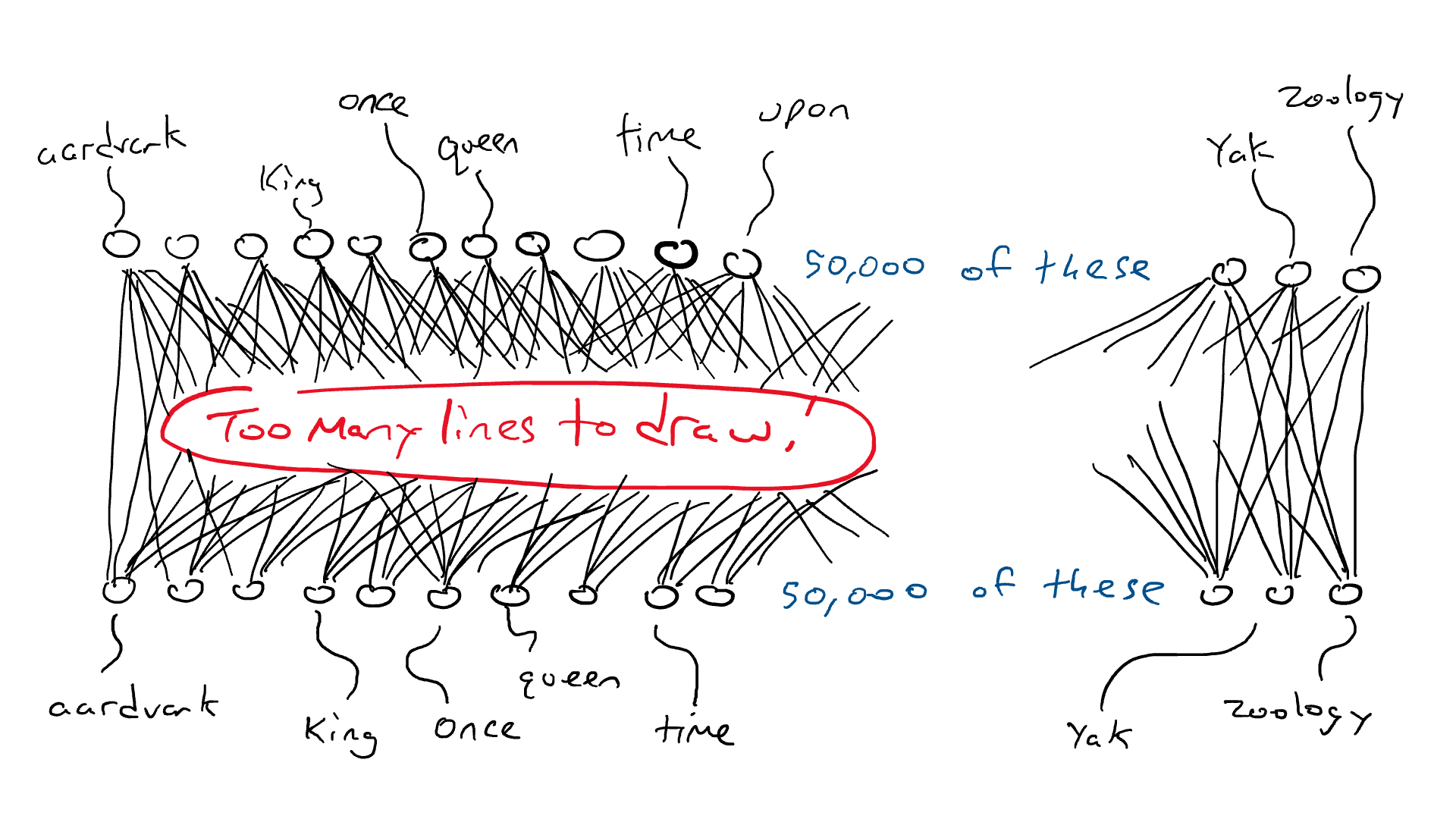Is Manx Making a Comeback? The Isle of Man's Linguistic Revival

Ever heard whispers of a language echoing across the Irish Sea, a tongue once thought lost to the tides of time? It's not quite a ghost story, but the tale of languages similar to Manx, specifically Manx Gaelic (or just Manx as the cool kids call it), is one of resurrection and resilience. This isn’t just about dusty books and academic debates; it's a living, breathing movement, and frankly, it’s kind of fascinating.
Manx, a Celtic language closely related to Irish and Scottish Gaelic, was once the everyday language of the Isle of Man. But as English gained prominence, Manx speakers dwindled, and the last native speaker, Ned Maddrell, passed away in 1974. The obituary for the language was written, the tombstone carved. End of story, right? Not so fast.
The story of Manx, and languages like it, took an unexpected turn. A dedicated group of linguists, cultural enthusiasts, and Isle of Man residents refused to let the language fade completely. They painstakingly pieced together fragments of Manx from recordings, written documents, and the memories of those who had heard it spoken in their youth. This revival effort is not just about preserving a historical artifact; it's about reclaiming a cultural identity.
So, why should you care about a language spoken by a relatively small number of people on a tiny island? Because the story of Manx represents something larger—the power of language to connect us to our past, to shape our present, and to build our future. It's a testament to the human desire to preserve cultural heritage and the remarkable ability to resurrect something seemingly lost forever. The resurgence of dialects akin to Manx Gaelic is a story of defiance against linguistic extinction, and it's a story worth telling.
Imagine a world where diverse languages flourish, where each unique way of communicating adds to the richness of human experience. That's the vision driving the Manx revival and similar movements around the globe. It's about recognizing that losing a language is like losing a piece of ourselves, a thread in the tapestry of human history.
Manx originated from the Goidelic branch of Celtic languages, arriving on the Isle of Man with settlers around the 5th century. Its importance lies in its connection to the island's cultural identity, traditions, and history. A key issue surrounding Manx and related languages is the struggle for continued revitalization and integration into modern life.
One benefit of reviving languages like Manx is the preservation of cultural heritage. For example, traditional Manx songs and stories can be fully appreciated and understood in their original language. Another benefit is the fostering of a stronger sense of community among those who speak and learn the language. Finally, it promotes linguistic diversity, enriching the global linguistic landscape.
Advantages and Disadvantages of Manx Revival
| Advantages | Disadvantages |
|---|---|
| Preservation of cultural heritage | Limited practical use in everyday life |
| Strengthened community identity | Resource intensive revival efforts |
| Increased tourism and cultural interest | Competition with dominant languages |
Frequently Asked Questions about Languages Similar to Manx:
1. Is Manx still spoken today? Yes, though by a small but growing community.
2. How can I learn Manx? Online resources, language classes, and immersion programs are available.
3. What is the significance of Manx? It represents the Isle of Man's unique cultural heritage.
4. Are there other languages similar to Manx? Yes, Irish and Scottish Gaelic are closely related.
5. What is being done to promote Manx? Community events, language classes, and government support are contributing to its revitalization.
6. What challenges does Manx face? Competition from English and a limited number of speakers are ongoing challenges.
7. How can I support the Manx language revival? Learn the language, support related organizations, and spread awareness.
8. Where can I find more information about Manx? Online resources, cultural centers, and language learning platforms offer valuable information.
One tip for learning Manx or similar languages is to immerse yourself in the culture by visiting the Isle of Man or attending cultural events.
The resurgence of languages similar to Manx Gaelic is not just a linguistic curiosity; it's a testament to the enduring power of language and culture. Reviving a language like Manx means breathing life back into a community's history, traditions, and identity. It connects people to their ancestors, strengthens community bonds, and contributes to the global tapestry of linguistic diversity. While challenges remain, the passion and dedication of those involved in the Manx revival offer a glimmer of hope for other endangered languages around the world. By supporting these efforts, whether through learning the language, promoting its use, or simply spreading awareness, we can all play a part in ensuring that these linguistic treasures are not lost to time. The story of Manx is a reminder that even in the face of seemingly insurmountable odds, language, like the human spirit, can endure and thrive. Let us not be bystanders in this remarkable story of linguistic revival, but active participants in creating a future where linguistic diversity is celebrated and cherished.
Unlocking your magical legacy exploring the inheritance of magic
Conquering the concrete jungle your guide to the chevy 1500 30 diesel
Unlocking the potential of sherwin williams moderate white sw 6140













